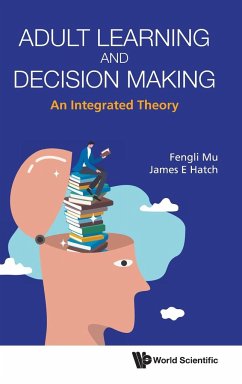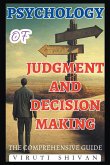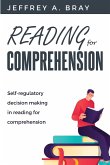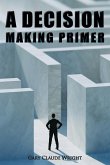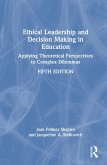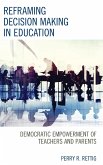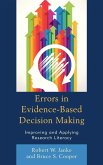Lifelong learning assists us in having a successful career, promotes mental health, and helps us to adapt to the constant changes we experience. Rapid changes in our technological and social environment mean that we must learn more and learn faster than ever before. Given the importance of learning, it is essential to understand what we learn and how we learn. These learning elements and the relationships among them can best be understood through a theory of adult learning. The goal of this book is to propose such a theory. In this book, we present what we consider to be a holistic, logical, integrated, and readable summary of what adults learn and how adult learning takes place. Throughout this exposition, we include the contributions of many of the most impactful learning theorists and the latest empirical research on individual learning. We also highlight some of the intellectual debates that are still in progress in this rapidly evolving field. In simple terms, according to the theory, learning begins with an experience. This experience is followed by reflection and dialogue with others. These activities cause individuals to modify or add to what they already know and are cognitively able to do (ie, learning is occurring). While this logic is employed by a number of scholars, the book has a number of features that should make it a widely referenced source on adult learning theory. The book introduces the entire learning framework at the beginning and expands upon it in subsequent chapters. This framework, combined with clear definitions of terms and the use of examples while avoiding obscure language, serves to make the book very readable.
Hinweis: Dieser Artikel kann nur an eine deutsche Lieferadresse ausgeliefert werden.
Hinweis: Dieser Artikel kann nur an eine deutsche Lieferadresse ausgeliefert werden.

